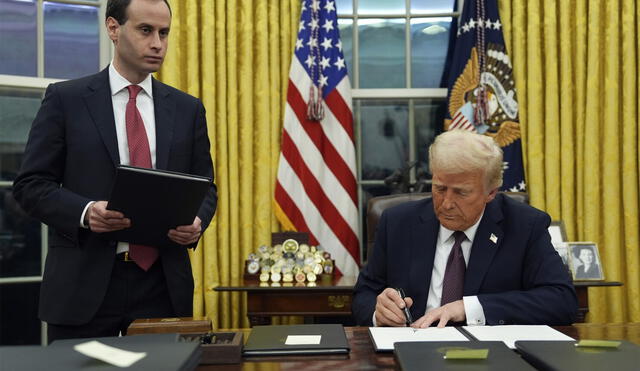If not Elon Musk, then who controls DOGE? The unanswered question about its leadership
DOGE, established by President Donald Trump and reportedly led by Elon Musk, aims to streamline federal operations. However, recent legal filings reveal ambiguity regarding Musk's official role, raising questions about the true supervision and decision-making authority within the agency.

In an effort to enhance governmental efficiency, President Donald Trump inaugurated the Department of Government Efficiency (DOGE) in early 2025. Elon Musk, the CEO of Tesla and SpaceX, was announced as the head of this initiative, tasked with modernizing federal technology and reducing bureaucratic overhead. The creation of DOGE was met with both praise for its innovative approach and skepticism concerning its potential overreach and the concentration of power.
Despite the initial clarity in leadership, recent developments have muddied the waters regarding Musk's official capacity within DOGE. A court filing from February 17 stated that Musk is neither the administrator nor an employee of the division, and he lacks formal authority to make civic decisions. This contradiction between legislative announcements and documents has led to confusion among rule officials, legal experts, and the public about who truly holds the reins of DOGE.

ALSO SEE: Trump asserts Ukraine war could end 'within weeks' as Putin hints at willingness for peacekeepers
Who really runs DOGE? Government lawyers can’t say
During a heated hearing in Washington, D.C., Judge Colleen Kollar-Kotelly asked whether the agency had an civil servant. Department of Justice trial counsel Bradley Humphreys admitted, “I don’t know the answer to that.” The uncertainty adds to growing concerns over Elon Musk’s role, as lawsuits challenge his authority despite the White House’s insistence that he lacks formal decision-making control.
The lack of oversight has drawn judicial scrutiny. Last week, a magistrated noted that the organization is trying to “escape” lawful obligations while benefiting from its status. Without congressional approval or clear command, observers argue it threatens democratic checks and balances. Courts have already blocked its access to Treasury records, and further legal challenges are expected.
Is Elon Musk violating constitutional boundaries?
Critics discuss that Musk’s influence may violate the Constitution’s appointments clause, which requires Senate confirmation for senior executive representatives. Litigation assert he holds unchecked power, bypassing oversight while directing mass layoffs and blocking congressionally approved funds. A federal judge in Washington, D.C., acknowledged worries about an “unelected individual” wielding authority without parliamentary consent, while another in Manhattan recently halted his team’s entry to Treasury systems.
Conflicting statements from the administration have resulted in a more thorough evaluation. White House press secretary Karoline Leavitt described Musk as a “special government employee” with no dominions, yet Trump later declared, “I signed an order creating the Department of Government Efficiency and put a man named Elon Musk in charge.” House Oversight Committee Democrat Gerry Connolly has demanded answers, warning that either Trump is lying or a senior official committed perjury—a federal crime punishable by up to five years in prison.











